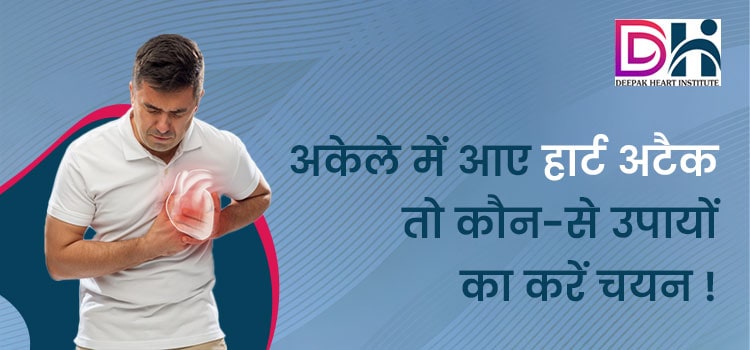![]()
A heart attack requires swift action. Knowing do’a and don’ts can make a significant difference in saving lives. Today, we will guide you through the essential steps and the importance of seeking help from the best heart hospital in Ludhiana.
Recognizing the Signs
Do:
Call for Emergency Assistance
If you suspect someone is having a heart attack, immediately call for an ambulance or emergency services. Time is critical in such situations.
Stay Calm
Keep the person calm and reassure them that help is on the way. Stress and anxiety can exacerbate the situation.
Encourage Rest
Have the person sit down and rest. Any unnecessary physical exertion should be avoided.
Don’t:
Ignore Symptoms
Ignoring symptoms such as chest pain, shortness of breath, and discomfort in the upper body could lead to severe consequences.
Delay in Seeking Help
Time is of the essence during a heart attack. Avoid delaying medical assistance by assuming the symptoms will subside on their own.
Providing Initial Aid
Do:
Aspirin Administration
If the person is not allergic, and it’s advised by emergency services, giving them aspirin may help thin the blood and improve blood flow.
CPR (Cardiopulmonary Resuscitation)
CPR can be a life-saving measure. Enroll in a basic life support course to learn the skill.
Don’t:
Offer Food or Drink
Refrain from giving the person anything to eat or drink. It’s essential to keep the digestive system at rest during a heart attack.
Perform CPR without training
It’s better to wait for professional help rather than attempting it without proper knowledge.
The Role of Best Heart Hospital
Do:
Choose Accredited Hospitals
When seeking medical attention for a heart attack, choose accredited heart hospitals. Look for facilities with a strong reputation for cardiac care.
Follow Post-Attack Care
After initial treatment, follow the advice of healthcare professionals diligently. Regular check-ups and prescribed medications are vital for recovery.
Don’t:
Delay Hospital Admission
Avoid delaying admission to the hospital for further evaluation and treatment. Timely intervention can prevent complications.
Consulting a Cardiologist
Do:
Regular Heart Check-ups
Schedule routine check-ups with a cardiologist in Srinagar, especially if you have factors such as a family history of heart disease, high blood pressure, or diabetes.
Seek Professional Advice
If you experience any unusual symptoms or have concerns about your health, consult a cardiologist promptly.
Don’t:
Self-Diagnose or self Medicate
Always consult a qualified medical professional for accurate diagnosis and treatment.
Conclusion
A proactive approach to heart health can be life-saving. Understanding the do’s and don’ts of first aid for a heart attack, choosing the best heart hospital like Deepak Heart Institute, and consulting with a cardiologist are pivotal in ensuring the well being of yourself and your loved ones.

